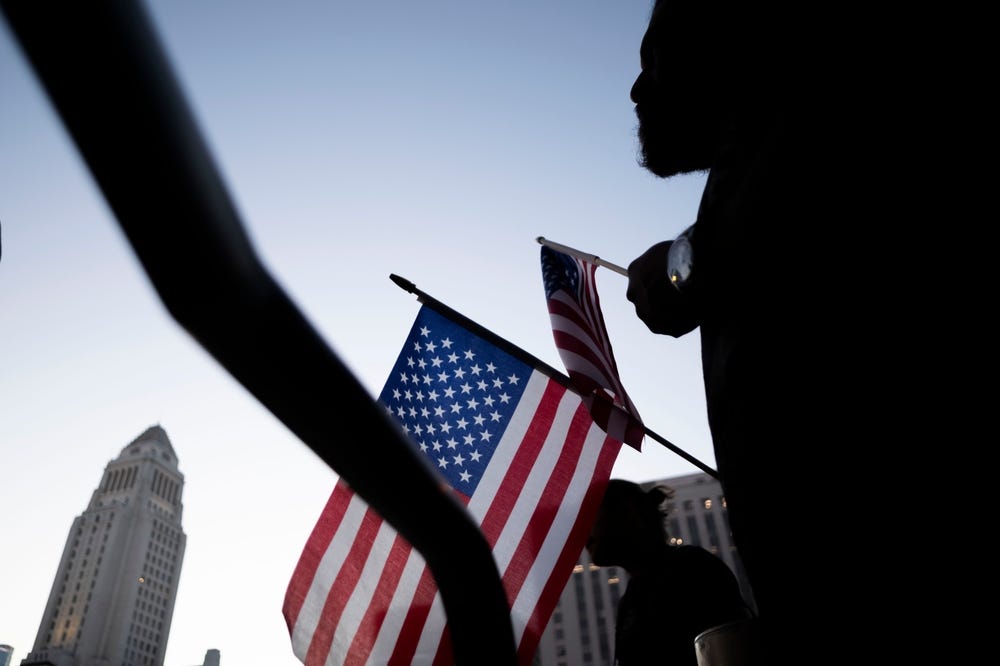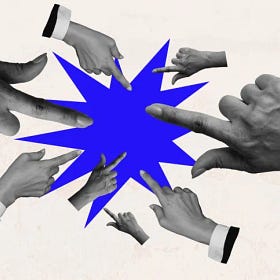After the assassination of conservative activist Charlie Kirk, universities faced a dilemma that has become grimly familiar in the age of social media: what to do when a member of the campus community says something online that others find intolerable.
Within days, institutions moved with visible urgency. Some suspended employees. Others terminated them outright. A few launched “investigations” whose conclusions seemed preordained. FIRE has condemned these actions (when taken by public institutions) as violations of the First Amendment and intervened in over a dozen cases.
Yet the punishments themselves tell only half the story. Equally revealing were the justifications universities offered for them:
Clemson University declared that free speech “does not extend to speech that undermines the dignity of others.”
The University of Mississippi stated that a fired staff member’s comments about Kirk “run completely counter to our institutional values of civility, fairness, and respecting the dignity of each person.”
The president of Austin Peay State University said a faculty member’s social-media post “does not align with our commitment to mutual respect and human dignity” and was therefore grounds for termination.
The message these colleges sent was unmistakable: offensive speech is not merely offensive, it is an assault on human dignity itself. And that, in the eyes of administrators, makes it punishable.
The impulse to regulate speech in these circumstances is understandable. When tragedy strikes, ordinary condemnations can feel hollow beside the enormity of what has been lost. Requiring respect for “dignity” seems to offer something more; something higher: a recognition of our shared humanity, a pledge to the campus community that while ideas may be contested, no person will be debased.
But the moment “dignity” becomes a standard of compliance, it stops inspiring behavior and starts regulating it. The language of virtue invariably becomes the grammar of control.
The moment dignity must be imposed, it has already been lost.
The trouble with “dignity” begins with its vagueness.
“Dignity” can mean many things: (a) the inherent value of the human person; (b) the social honor one commands in the eyes of others; (c) the inner self-respect that resists humiliation; or all the above. These meanings both overlap and collide. Which, then, is a university to enforce: the idea of respect, the appearance of respect, or the feeling of respect?
There is no objective way to make this decision. And when a rule depends on subjective perception, it cannot be applied fairly. What one dean calls satire, another may label cruelty. What one student finds invigorating, another experiences as demeaning. And all of these people may be completely in earnest. Under such conditions, enforcement becomes a matter not of principle but of preference.
And because “dignity” sounds so unimpeachably virtuous, its invocation cloaks coercion in benevolence. Who, after all, would dare oppose dignity?
From this vagueness comes overbreadth. When “attacking dignity” can mean almost anything, it ends up encompassing nearly everything.
We are in the cancel culture part of the tragedy cycle
First, two children lost their father and a wife her husband. Then people lost their humanity. And now, a nation loses another piece of its soul. This part of the cycle is its own special kind of awful: the cancel culture machine.
Universities that rightly prohibit harassment or discrimination — categories of unprotected acts that may involve expression — increasingly extend those prohibitions to merely “undignified” expression, which is protected. The University of Michigan’s harassment policy, for example, forbids conduct that diminishes “individual dignity.” Similarly, Penn State’s harassment policy defines discriminatory behavior as violating “the dignity of individuals.”
Once disagreement itself is framed as a denial of dignity, even empirical or policy debates about healthcare, sports, or law are reclassified as “harassment” rather than legitimate discussion. The zone of the impermissible grows, and the culture of caution grows with it.
Faculty and students, uncertain where the invisible boundary lies, retreat into self-censorship. They learn to treat disagreement as danger and discomfort as moral injury. The less precise the rule, the wider its reach. The wider its reach, the more timid the discourse. Administrative control breeds emotional fragility, and emotional fragility, in turn, justifies greater administrative control. It’s a feedback loop of moral protectionism.
What is at stake is no less than the mission of the university itself. Higher education exists not to shield its members from offense, but to teach them how to confront it; to refine judgment through exposure to conflict; to cultivate reason through disagreement. The “dignity rule” diminishes the (ahem) dignity of that mission. It transforms the university from a marketplace of ideas into a tribunal of sentiment.
To be clear, none of this is to diminish the importance of human dignity itself. Indeed, any university worthy of its title should strive toward cultivating an educational environment wherein all members of the campus community are treated with equal dignity. But when vague and overbroad noble values become instruments of coercion, liberty is often the first casualty.
In defense of fiery words
Consensus is growing around the idea that words beget violence. Consider some of the things America’s political leaders have said in the wake of Charlie Kirk’s assassination last week at Utah Valley University:
This is precisely why the Supreme Court has consistently rejected attempts to limit speech on the grounds of indignity. In Snyder v. Phelps (2011), the Court held that even the Westboro Baptist Church’s vile protest at a fallen soldier’s funeral — which most Americans would see as a profound affront to dignity — was protected expression. In America, the right to speak, to offend, and to argue is not the enemy of dignity, but its precondition.
That is, to affirm the value of human dignity is not to be shielded from ridicule or offense but to be recognized as a rational, moral agent capable of hearing, weighing, and responding in kind.
In short: the moment dignity must be imposed, it has already been lost. And when universities attempt to enforce it, they risk betraying their commitment to free speech and the mission of education itself: to cultivate minds capable of reasoning in the face of offense, and of finding in that encounter — not in its suppression — the measure of their humanity.









Thank you, well said. Your piece is very clarifying; it is a great contribution. The right thing at the right time. Thank you
Is there a greater missed opportunity for indignity than 70% of Americans greenlighting the Iraq war against Sadaam while never bothering to translate ONE WORD out of his mouth... killing a million Iraqis... over George W Bush lies for oil... while making him 90% popular?